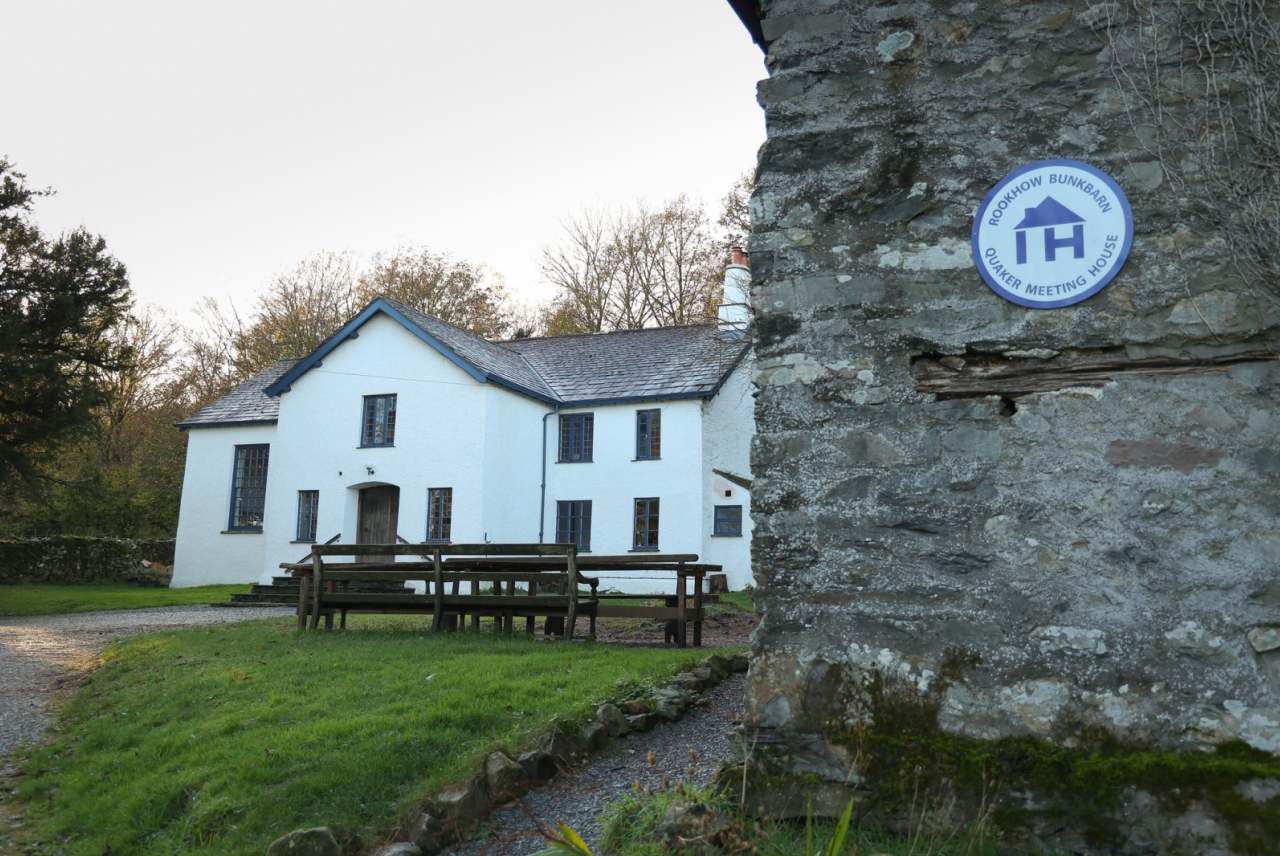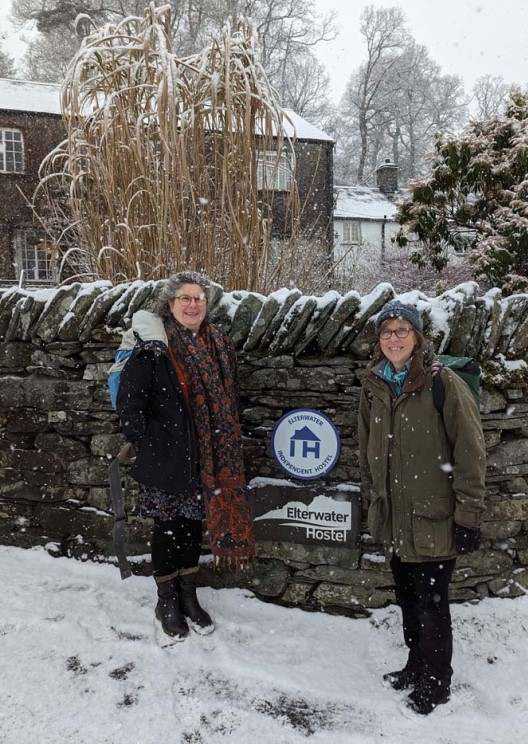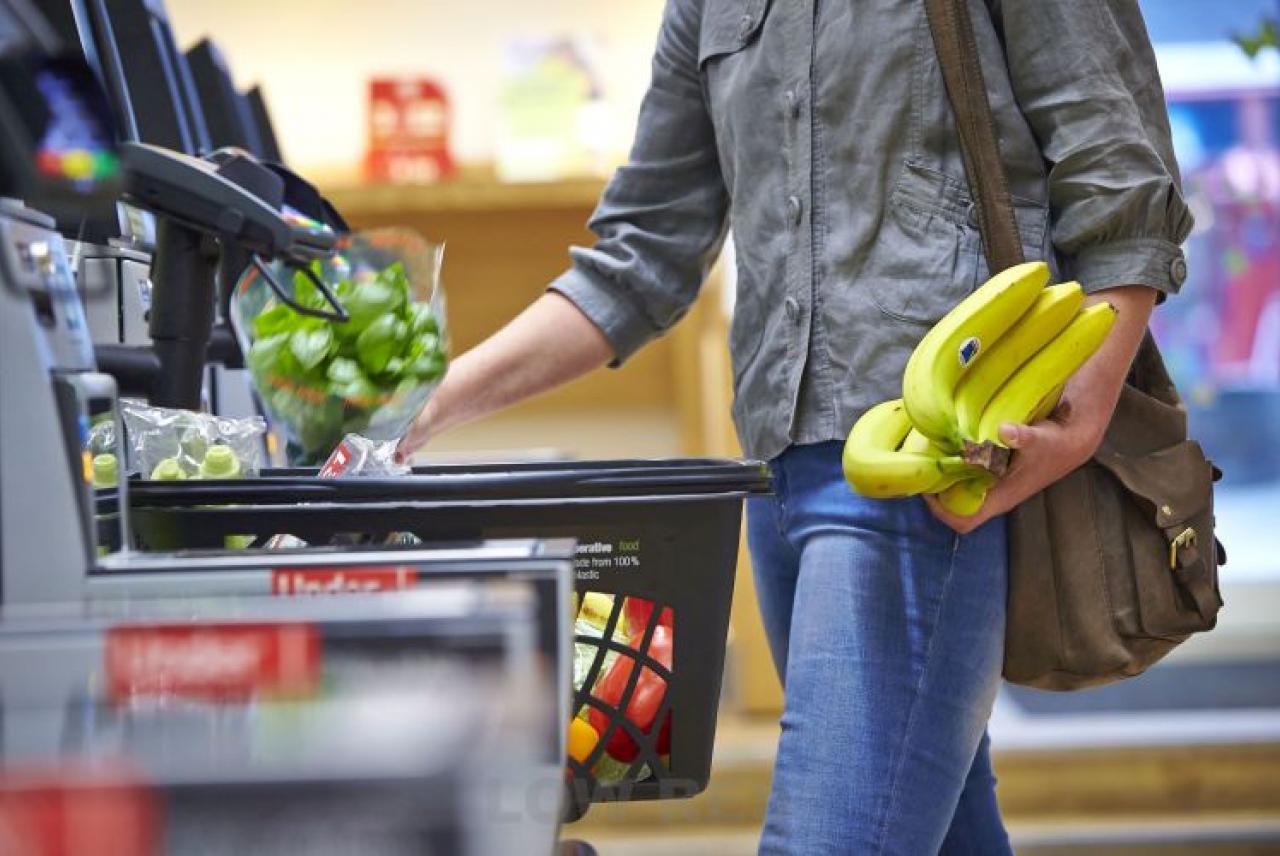Tell us a bit about Independent Hostels UK
Independent Hostels is a support and marketing network for hostels, bunkhouses and camping barns. With over 330 members it is the largest network of hostels in the UK.
Founded in 1993 by Dr Sam Dalley, cyclist, traveller and hosteller, Independent Hostels started as a hobby with just 15 members. Since then it has gone from strength to strength, growing steadily each year (with the exception of the Covid years). With Sam still at the helm, this small company provides a vital marketing and networking platform for these small and often isolated hostel style businesses.
Together with the YHA and the two Scottish Hostelling bodies, our impressive website and the iconic Independent Hostel Guidebook (now in its 32nd edition) are the go-to place for outdoor enthusiasts, families, schools and clubs looking for value for money, hostel style accommodation.
Why do you think you received our Best Buy label? What separates you from other ethical travel booking companies?
We are one of the very few travel booking companies that supports the accommodation on our site and gives readers access to their websites and marketing channels.
Our philosophy is to generate direct bookings. We feel this is the most ethical way of doing business. Our members are completely in control of their bookings and communicating with their customers. Likewise our readers know that when booking on our booking platform, they are booking direct with the accommodation.
Our motto to our readers is: ‘Everything you pay and everything you say goes direct to your host’.
Hostelling is a naturally ethical way to travel. Shared resources leave a smaller carbon footprint and mixing with other guests from diverse backgrounds is good for society too.
Hostels are widely used by outdoor enthusiasts, some of whom travel from hostel to hostel without the use of a car. A throwback to the days of traditional hostelling. Some of our members encourage this with discounts for those arriving on foot, by bike or on public transport. Many of our members make an extra effort to operate their accommodation super sustainably.
We support and encourage these endeavours with extra publicity on our Sustainable Travel and Eco Hostels promotions. We encourage our members to operate their businesses sustainably with regular tips and recommendations. It's not a hard job, in fact, we are constantly being inspired by the social conscience and planet awareness of our members, and are often just passing their good tips on.
We also behave ethically ourselves, taking good care of our staff, watching our own carbon footprint in the office and for the publications we produce.
Do you see a growing demand for ethical travel booking options?
Many of our members are seeing more UK-based guests enjoying outdoor holidays, and fewer overseas tourists. This movement towards healthy outdoor holidays in staycation locations has got to be good for sustainable tourism.







